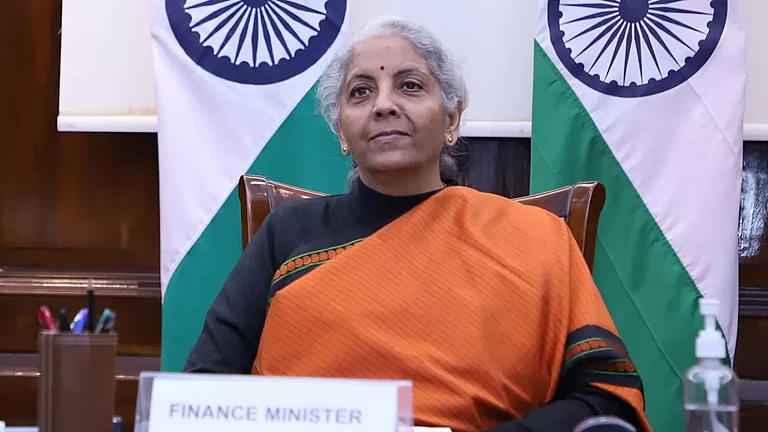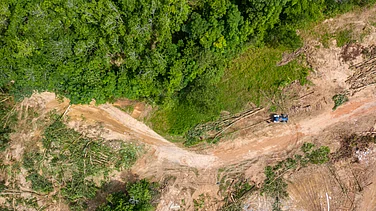
CSR funds are concentrated in industrial states, ignoring India’s poorest districts despite mandates under the Companies Act, 2013.
Study study shows 70% of CSR funds bypass Aspirational Districts, weakening CSR’s redistributive role and developmental potential.
India faces a ₹1.3 trillion green financing gap as CSR inefficiencies highlight challenges in achieving sustainability and SDG targets.
A study published by the Development Intelligence Unit (DIU) found a "stark mismatch" in the allocation of Corporate Social Responsibility (CSR) funds across India, revealing that significant investments are often failing to reach the country's most vulnerable and underdeveloped regions.
Despite companies being legally mandated to spend at least 2% of their average net profit on CSR activities under the Companies Act 2013, the distribution remains heavily skewed.
Disparity in CSR Allocation
The analysis underscored a geographical imbalance, with CSR fund allocation disproportionately favouring industrialised states such as Maharashtra, Karnataka, Gujarat and Tamil Nadu. This concentration is largely due to companies spending CSR budgets near their corporate offices or manufacturing/mining operations, often misinterpreting "local area preference" in the Act as mandatory rather than discretionary. For instance, Maharashtra alone received nearly 15% of the total CSR spend in FY 2021–22, amounting to over ₹2,250 crore.
Conversely, lesser developed states like Jharkhand, Chhattisgarh, Bihar, Odisha, Madhya Pradesh and the Northeastern states, which account for over 60% of India's Aspirational Districts, receive less than 20% of the total CSR pool. This misalignment "dilutes the redistributive potential of CSR" and fails to address the needs of underserved populations. The study also points to broader issues, including a lack of rigorous impact assessment, with companies often relying on output indicators rather than true impact metrics, and frequent duplication of efforts with existing government schemes.
To address this, the study developed a Rural Quality of Life (RQOL) Index to identify districts most in need of development. Their evaluation rubric suggested that CSR funds should be allocated inversely to the state of development, meaning higher allocations to marginalised districts. However, findings show a "complete mismatch" in 23% of districts, with the majority (47%) registering some degree of mismatch. Balrampur district in Uttar Pradesh, for example, exhibited a "total mismatch," having both low RQOL and minimal CSR spending.
The DIU study urged the Ministry of Corporate Affairs to introduce directives or even legislate to ensure CSR investments are strategically targeted to align with India's Sustainable Development Goal (SDG) commitments. It also proposed that state governments utilise the publicly available RQOL Index to guide CSR funding towards distressed sectors and underserved geographies.
This inefficiency in allocating funds for CSR also draws attention to the larger financial challenges India faces in accomplishing its sustainability and development objectives.
According to another report by Japan's MUFG Bank and London based advocacy group Climate Bonds Initiative, India will need $1.3 trillion in cumulative green, social, sustainability and sustainability debt (GSS) by 2030 as it transitions to decarbonising sectors like cement and steel.




























